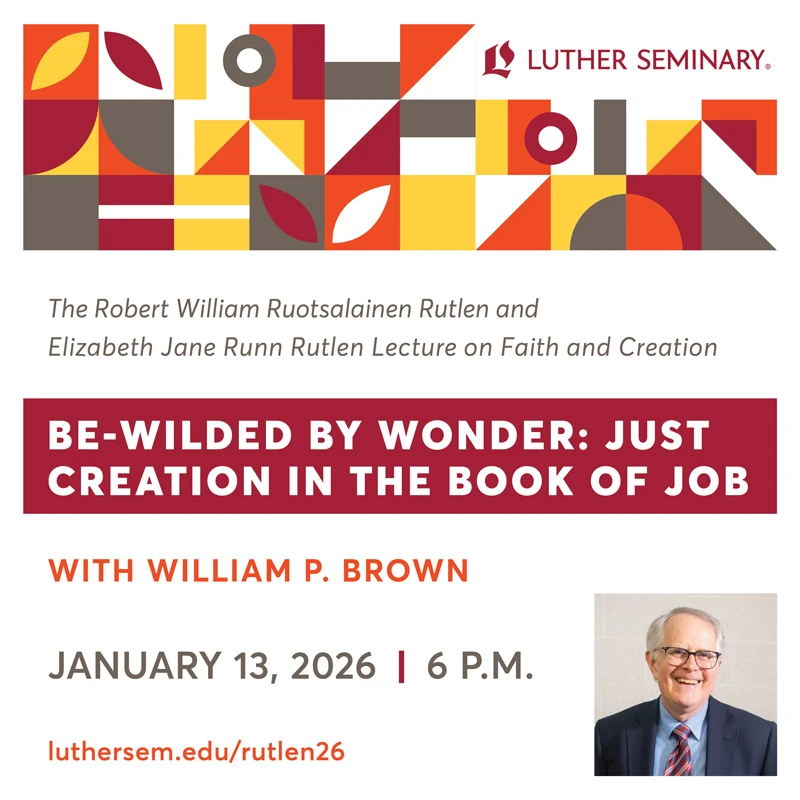SUMMARY
In this brief narrative entry, King Zedekiah seeks out prophetic advice from the prophet JeremiahProphet who condemned Judah's infidelity to God, warned of Babylonian conquest, and promised a new covenant. More. But the king is depicted as a leader in denial who has no real intention of trusting or obeying YHWH’s words.
ANALYSIS
As in so many prophetic narratives, the actions of the king are placed in opposition to the words of the prophet (v. 2). This opposition underscores the text’s central theological claim: Zedekiah and his followers live in denial, deceiving themselves by placing their trust in voices other than Jeremiah’s.
Denial is arguably one of Jeremiah’s most persistent and formidable adversaries—especially when it takes the form of royal denial. Echoing themes found in IsaiahIsaiah, son of Amoz, who prophesied in Jerusalem, is included among the prophets of the eighth century BCE (along with Amos, Hosea, and Micah)--preachers who boldly proclaimed God's word of judgment against the economic, social, and religious disorders of their time. More, Zedekiah places his trust in an alliance with Egypt (vv. 7–10). But Pharaoh’s army offers only a false promise—an illusion of hope that cannot save Jerusalem from Babylon’s grasp.
Jeremiah’s words also ring with inevitability. This is especially true of v. 10, where the prophet boldly and brazenly claims that Babylon’s armies would certainly defeat Jerusalem, even if its ranks were filled with wounded men. There are texts in Jeremiah that speak to the possibility of adverting disaster, but this is not one of them. Defeat is all but certain.

